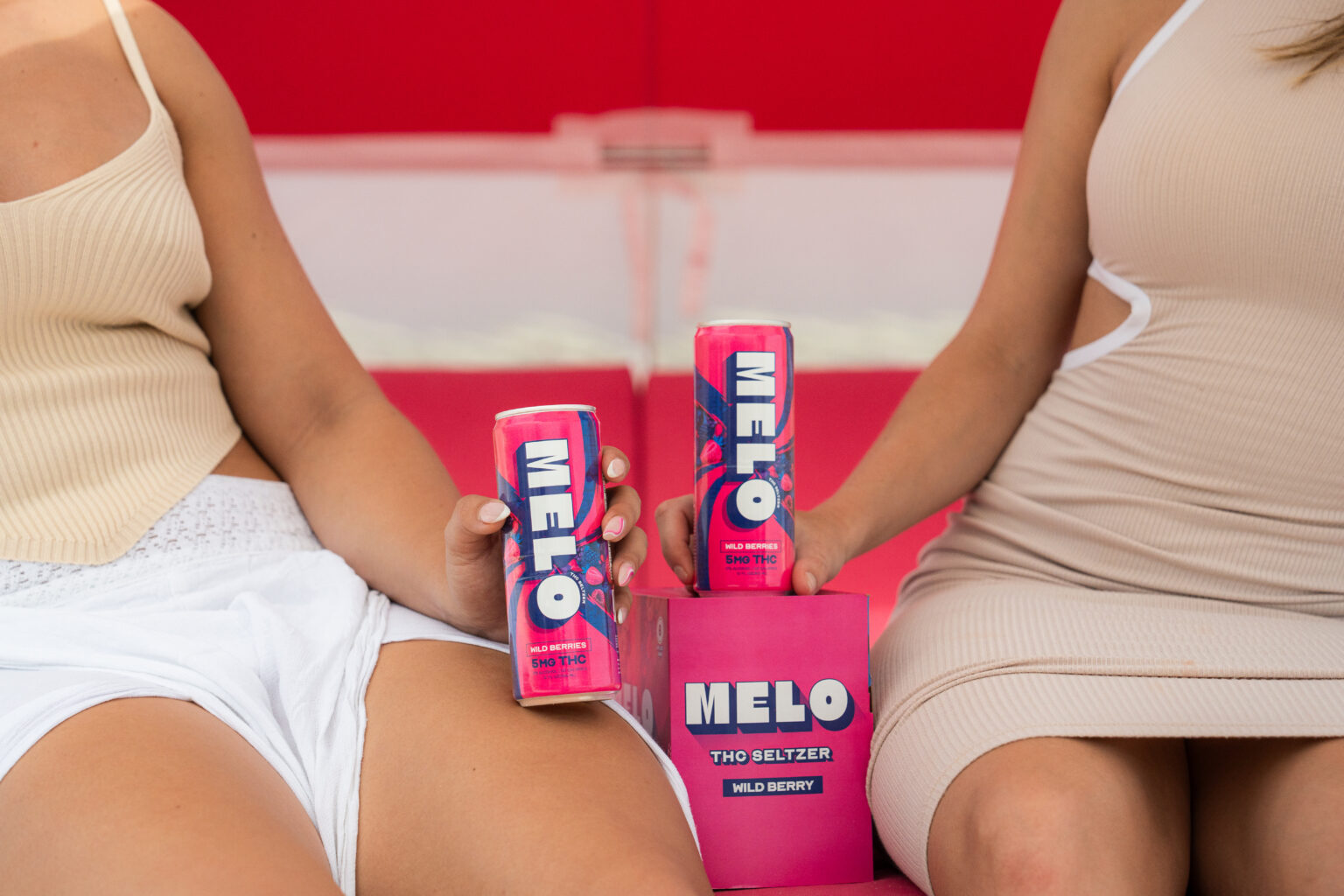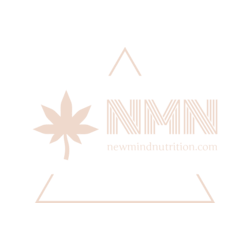Early Days and State-Level Regulation
The emergence of cannabis-infused beverages marked a significant shift in the cannabis industry, presenting both opportunities and challenges. In the early days, state-level regulation varied widely, creating a patchwork of approaches to licensing, production standards, and marketing restrictions. This diverse regulatory landscape influenced how THC beverages developed and gained traction across different regions.
The Rise of Cannabis Drinks
The early days of cannabis drinks were characterized by significant experimentation and innovation as companies sought to capitalize on the growing market demand. State-level regulations during this period were often nascent and varied considerably, leading to a fragmented approach to overseeing the production, distribution, and sale of THC beverages. Some states implemented strict licensing requirements and rigorous quality control measures, while others adopted more lenient approaches. This patchwork of regulations created both opportunities and challenges for cannabis beverage manufacturers.
Limited Scope and Conflicting Laws

Early days witnessed a surge in experimentation as companies explored various flavors, formulations, and delivery methods to meet the burgeoning demand for THC beverages. This period also saw significant variation in state-level regulation, leading to a patchwork of approaches across the U.S.
- Some states opted for stringent licensing processes and comprehensive quality control measures, aiming to ensure safety and consumer protection.
- Other states took a more permissive approach, with less stringent regulations that allowed for faster market entry but potentially posed greater risks.
These conflicting laws created both opportunities and hurdles for manufacturers navigating the evolving legal landscape. Companies that could adapt to the diverse regulatory requirements across different states had a competitive advantage.
Federal Legalization and Shifting Tides
The legalization of cannabis has ushered in a new era, reshaping industries and societal norms. Among the most intriguing developments is the rise of THC beverages, which offer a discreet and convenient way to consume cannabis. The journey of these drinks from novelty item to mainstream product has been marked by a dynamic interplay between federal policy and state-level regulations.
Hemp-Derived THC and the 2018 Farm Bill
The 2018 Farm Bill played a pivotal role in shaping the landscape for hemp-derived THC beverages. This legislation legalized the production and sale of hemp products containing less than 0.3% THC at the federal level, creating a legal pathway for companies to produce and market these beverages nationwide.
- The Farm Bill removed hemp from the Controlled Substances Act, providing a crucial legal framework for the burgeoning hemp industry, including THC-infused beverages.
- This legalization spurred rapid growth in the hemp sector, with numerous companies emerging to develop and sell hemp-derived THC beverages.
However, despite federal legalization, state laws remain a significant factor in determining the availability and regulation of THC beverages. Some states have embraced the opportunity presented by the Farm Bill, enacting their own regulations to oversee the production and sale of hemp-derived THC products.
Emerging Trends and Market Growth
The legal landscape for THC beverages is complex and evolving, with federal legalization paving the way but state laws continuing to play a crucial role. The 2018 Farm Bill was a watershed moment, removing hemp from the Controlled Substances Act and allowing for the production and sale of hemp-derived products with less than 0.3% THC nationwide. This created a legal framework for the burgeoning market for hemp-derived THC beverages.
While federal legalization opened doors, state laws dictate the specifics of production, distribution, and sale. Some states have implemented their own regulations to govern the hemp-derived THC beverage industry, while others maintain stricter regulations on cannabis products in general.
This patchwork of state laws presents both opportunities and challenges for companies operating in this sector. Companies that can navigate these varying legal frameworks successfully will be well-positioned to capitalize on market growth.
Regulatory Landscape Today
The emergence of cannabis-infused beverages marked a significant shift in the cannabis industry, presenting both opportunities and challenges. State-level regulation varied widely in the early days, creating a patchwork of approaches to licensing, production standards, and marketing restrictions. This diverse regulatory landscape influenced how THC beverages developed and gained traction across different regions.
State-by-State Approaches to THC Beverages
The legal landscape for THC beverages is complex and evolving. While federal law has made hemp-derived THC products legal nationwide, states retain significant control over their regulation.

Some states have embraced the opportunity presented by the 2018 Farm Bill, enacting their own regulations specifically for hemp-derived THC beverages. These regulations often cover production standards, labeling requirements, and sales restrictions. Other states maintain stricter regulations on cannabis products in general, including those derived from hemp.
This patchwork of state laws creates both challenges and opportunities for companies operating in the THC beverage market. Businesses must carefully navigate these varying legal frameworks to ensure compliance and operate successfully in different regions.
Challenges and Opportunities in Regulation
The regulatory landscape for THC beverages is a complex and constantly evolving terrain. Federal law has legalized hemp-derived THC products at the national level, creating a pathway for nationwide production and sale. However, states retain significant authority over how these products are regulated within their borders.
This has resulted in a patchwork of state laws, some embracing hemp-derived THC with specific regulations while others maintain stricter controls on all cannabis products. Navigating this diverse regulatory environment presents both challenges and opportunities for businesses in the THC beverage market. Companies must meticulously comply with varying state-level requirements, which often encompass production standards, labeling mandates, and sales restrictions. Those that can successfully adapt to these dynamic legal frameworks are likely to thrive in this burgeoning industry.
The Future of THC Beverages
The legalization of cannabis has ushered in a new era for the beverage industry, marked by the emergence of THC-infused drinks. This rise presents both opportunities and challenges as companies navigate a complex and evolving regulatory landscape. Federal law now allows for hemp-derived THC products nationwide, but state laws remain critical in determining production, distribution, and sale specifics.
Innovation and Product Development
The future of THC beverages hinges on innovation and product development within the context of this evolving legal landscape.
Companies are exploring new flavor profiles, delivery methods, and formulations to cater to diverse consumer preferences.
There’s a growing focus on creating healthier and more functional beverages, incorporating ingredients that complement THC’s effects, such as adaptogens or nootropics.
Technology will continue to play a significant role in shaping the industry. Advances in extraction methods are leading to higher quality and purer THC products.
Precision dosing is also becoming increasingly important, allowing consumers to control their intake more accurately.
As state regulations become clearer and more consistent, we can expect to see greater market stability and growth in the THC beverage sector.
Potential Impact on Public Health and Social Norms
The future of THC beverages holds both promise and potential challenges. Advancements in technology will likely lead to more precise dosing and innovative delivery methods, catering to a wider range of consumer preferences.
However, public health concerns remain a key consideration. The long-term effects of consuming THC regularly through beverages are still being studied. Potential issues like addiction, impaired cognitive function, and increased risk of mental health problems in vulnerable populations need careful monitoring and research.
Social norms surrounding cannabis consumption are also evolving. As THC beverages become more mainstream, societal perceptions and attitudes towards their use will likely shift. This could lead to greater acceptance but also raise questions about responsible consumption, particularly among youth.
Governments and public health agencies will play a crucial role in shaping the future of this industry. Establishing clear regulations regarding production, labeling, marketing, and sales will be essential for ensuring consumer safety and mitigating potential risks.
Public education campaigns are also vital to inform consumers about the potential benefits and risks associated with THC beverages, promoting responsible use and addressing any societal concerns.
Taste Melo Seltzer’s THC Beverages for an Instant Chill
- How To Help Lip Swelling After Filler - May 12, 2025
- Is Breadcrumbing A Form Of Manipulation Or Just Mixed Signals? - May 12, 2025
- How Long After Lip Filler Can You Smoke - May 12, 2025
